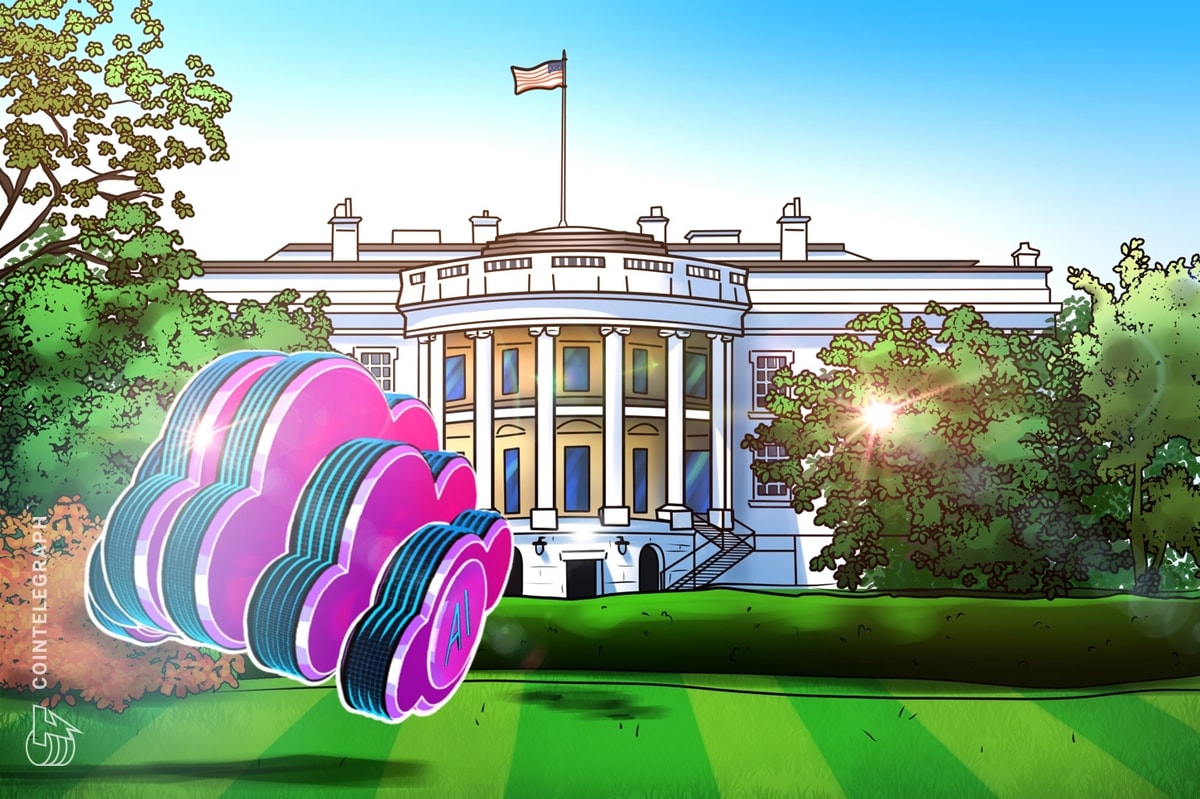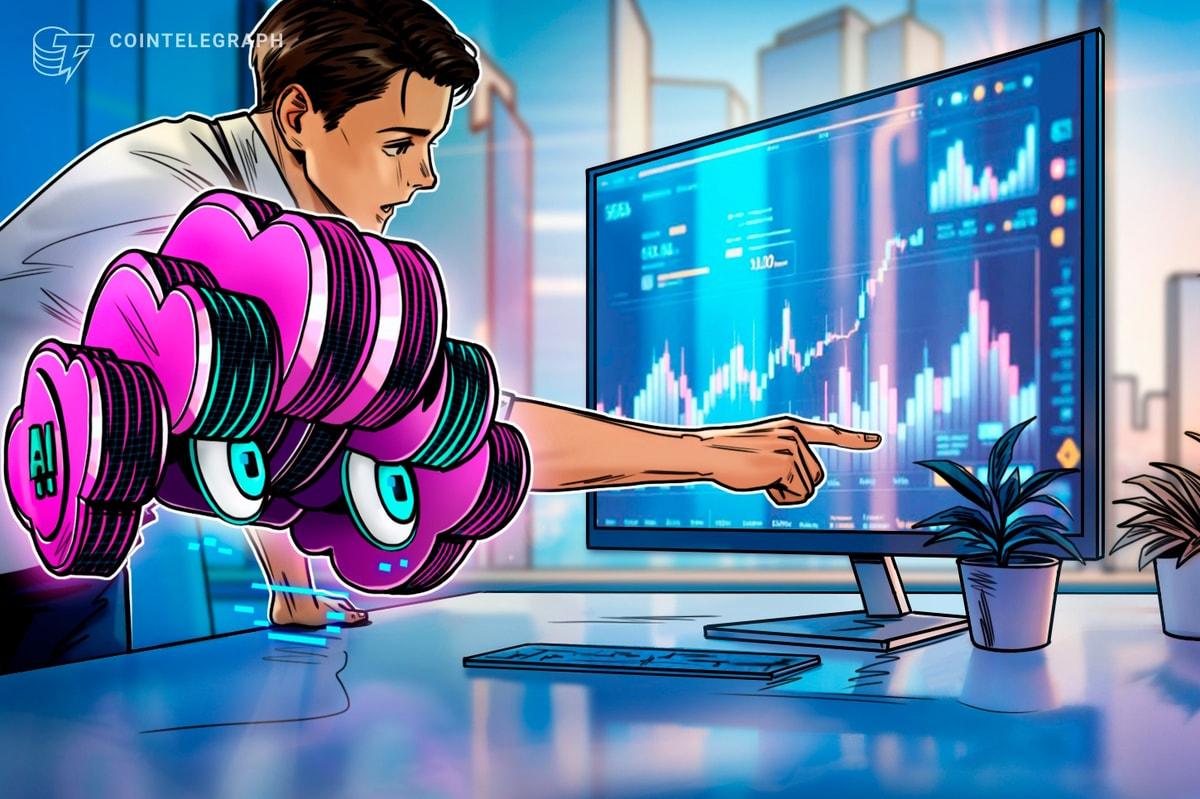The artificial intelligence (AI) developer OpenAI, has decided to “pause” the use of its new voice mode for ChatGPT due to controversy surrounding how the voice was chosen and obtained.
On May 20 the developer posted on X that it had “heard questions” about its “Sky” voice, one of the five voices available for its chatbot, and is working to address them.
We’ve heard questions about how we chose the voices in ChatGPT, especially Sky. We are working to pause the use of Sky while we address them.
— OpenAI (@OpenAI) May 20, 2024
Read more about how we chose these voices: https://t.co/R8wwZjU36L
However, the questions originated after the well-known actress Scarlett Johansson released a statement regarding her interaction with OpenAI and its CEO and co-founder Sam Altman.
The actress said she was contacted by Altman who offered her the opportunity to do voice work for the ChatGPT 4.0 voice model. Johansson said she denied the offer and then was swiftly contacted by friends and family after the release of Sky, saying it sounded like her.
“When I heard the demo, I was shocked, angered and in disbelief that Mr. Altman would pursue a voice that sounded so eerily similar to mine that my closest friends and news outlets could not tell the difference.”
She said Altman contacted her agent two days before the release, asking for reconsideration. Due to the current situation, Johansson said she has hired a legal team and stressed the need for clarity during a time of “deepfakes” and the “protection of our own likeness.”

In its response, OpenAI gave a detailed synopsis of how it cast and selected its voice over performers for its ChatGPT voices. The company stressed that Johansson was not mimicked.
“We believe that AI voices should not deliberately mimic a celebrity's distinctive voice—Sky’s voice is not an imitation of Scarlett Johansson but belongs to a different professional actress using her own natural speaking voice.”
OpenAI claims to have given each actor a “vision for human-AI voice interactions and OpenAI,” while also discussing the technology’s capabilities, limitations, and the risks involved.
Related: Sony warns 700 AI devs, music streaming companies against content misuse
Altman himself has also personally responded to the incident saying that it was not intentional for Sky to sound like Johansson.
Just received this statement from OpenAI CEO Sam Altman about the Scarlett Johansson voice controversy. pic.twitter.com/doMadaTsY0
— Hayden Field (@haydenfield) May 21, 2024
However, not helping Altman’s case is the fact that on May 13th on X he posted, “her.”

Internet sleuths are relating this to the 2013 romance, sci-fi film called Her in which a man ends up falling in love with his AI system, which is voiced by Johansson. This is also not the actress’ first time dealing with unwanted AI usage.
AI rip offs on the rise?
Seven months prior, she filed a lawsuit against another AI company for using her likeness without consent. Johansson is not alone in the fight against deepfakes, as the issue was one of the major ones discussed during the SAG-AFTRA union strikes in Hollywood last year.
Actors in Hollywood petition studios over their use of AI to clone their likenesses and reuse them for new content in the future as the studios pleased.
Aside from this, public figures have increasingly been targeted in AI-generated impersonation scams over the last year, from YouTube personality Mr. Beast to actor Tom Hanks and entrepreneur Elon Musk.
However, Johansson is not the only one who feels wronged by the use of their voice in AI. For example, the voice behind Apple's iconic Siri assistant belonged to a woman who was unaware of her involvement.
Susan Bennett said that she recorded her voice in 2005 for the company ScanSoft. Apple later acquired these recordings and used them for Siri.
In an interview, she mentioned that she never received any payment or recognition from Apple. Initially, she was concerned that the widespread use of her voice would negatively impact her ability to secure other jobs.
Magazine: ‘Sic AIs on each other’ to prevent AI apocalypse: David Brin, sci-fi author











